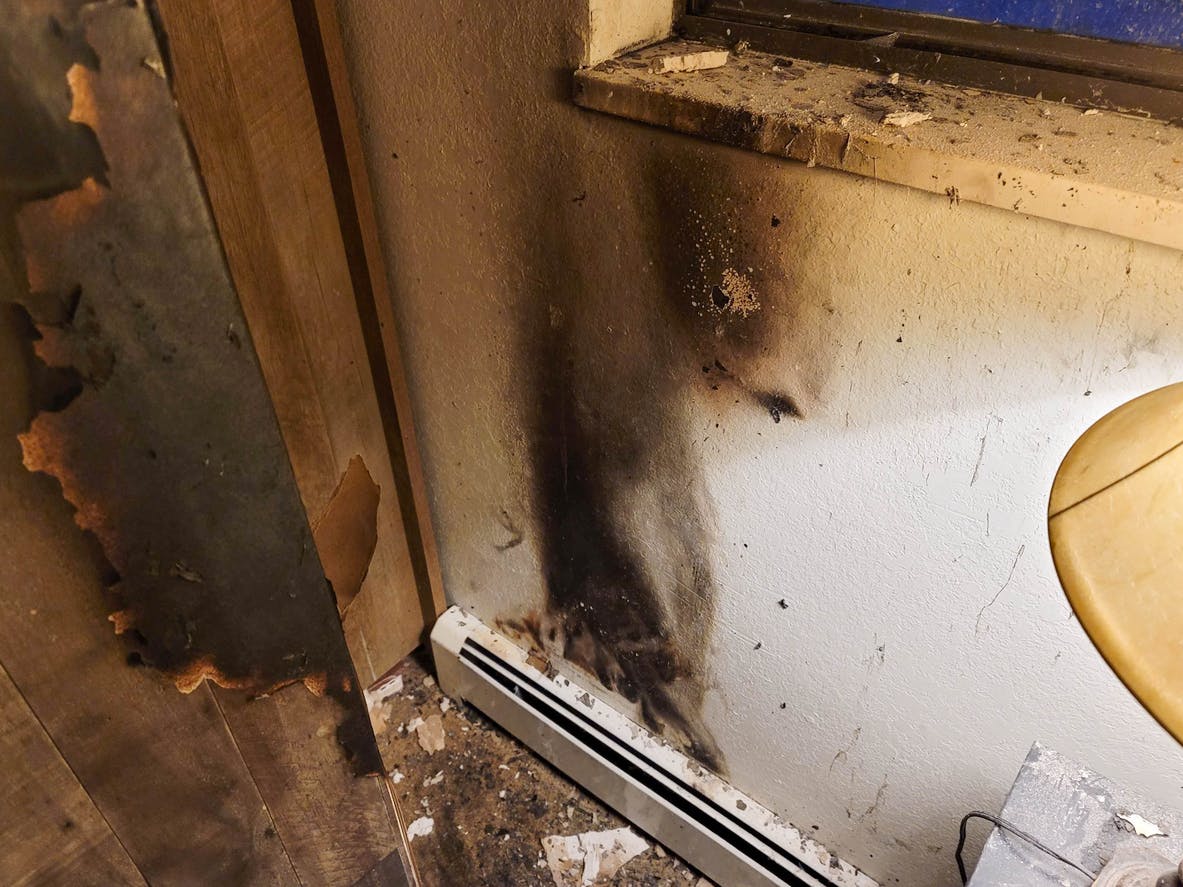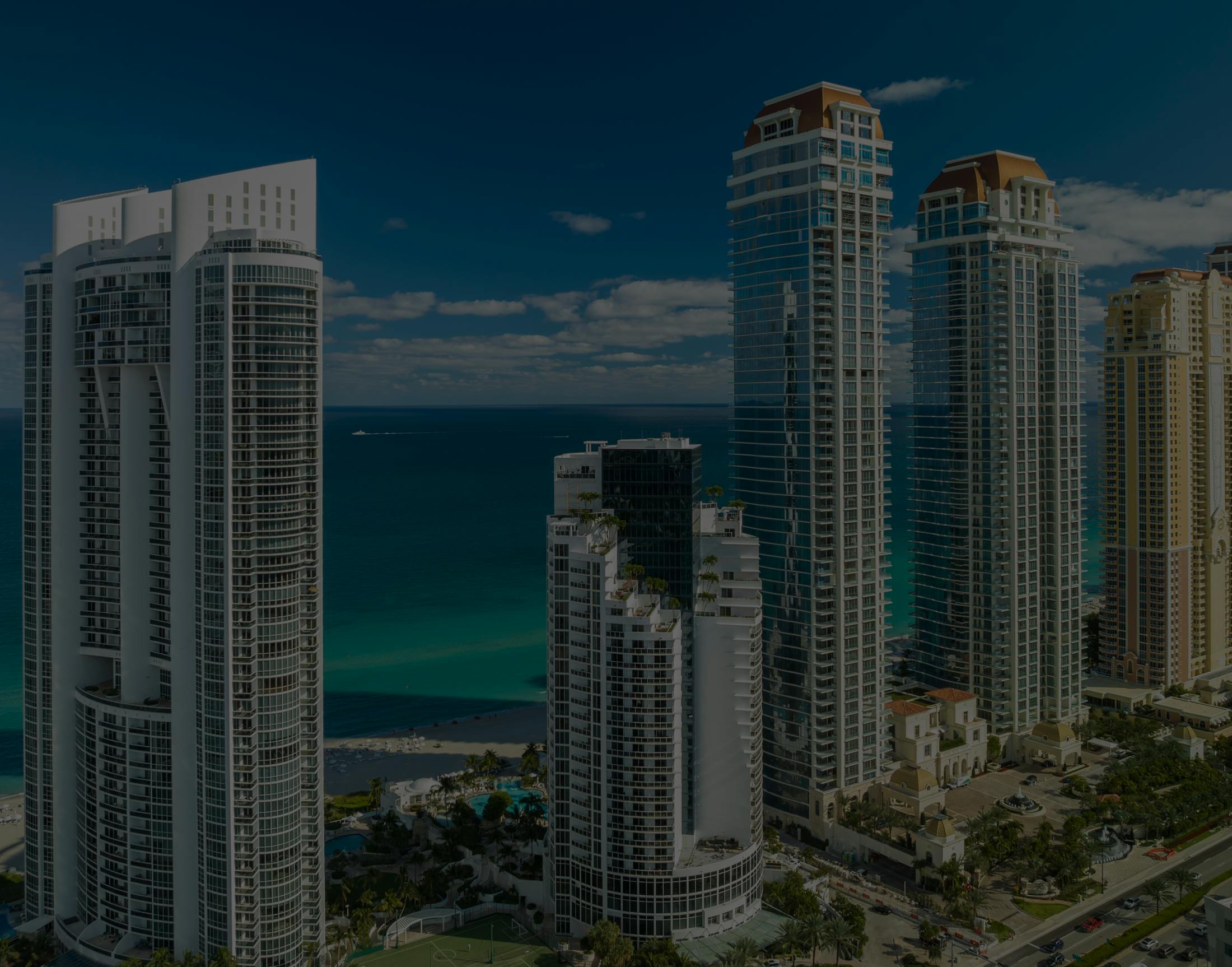Miami, renowned for its delightful climate and breathtaking waterfront estates, is accustomed to the influence of nature. The very features that make Miami attractive can also present substantial risks to homeowners, with fire damage being one of the most prevalent hazards residents encounter.
What is First-Party Insurance Coverage?
First-party insurance coverage offers financial security to policyholders in the event of property damage or loss. It represents a contractual arrangement between the policyholder and the insurance company, wherein the insurer undertakes to reimburse the policyholder for covered losses as specified in the policy. In property insurance, first-party coverage comes into play when the policyholder's property experiences damage or loss caused by specified perils, such as fire damage.



